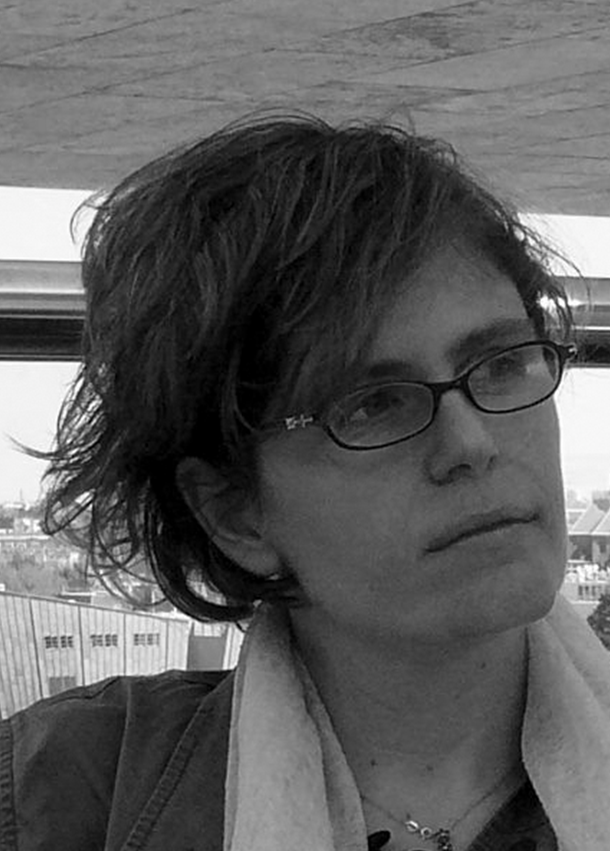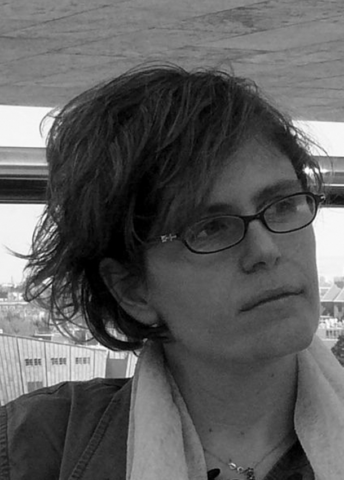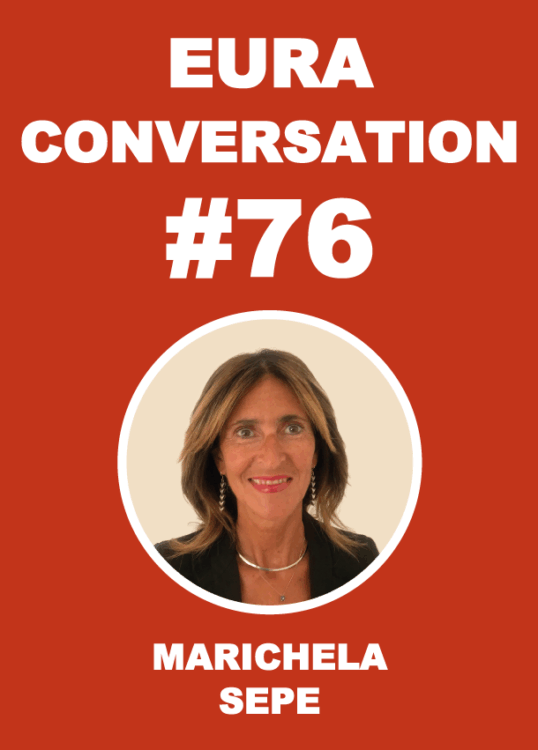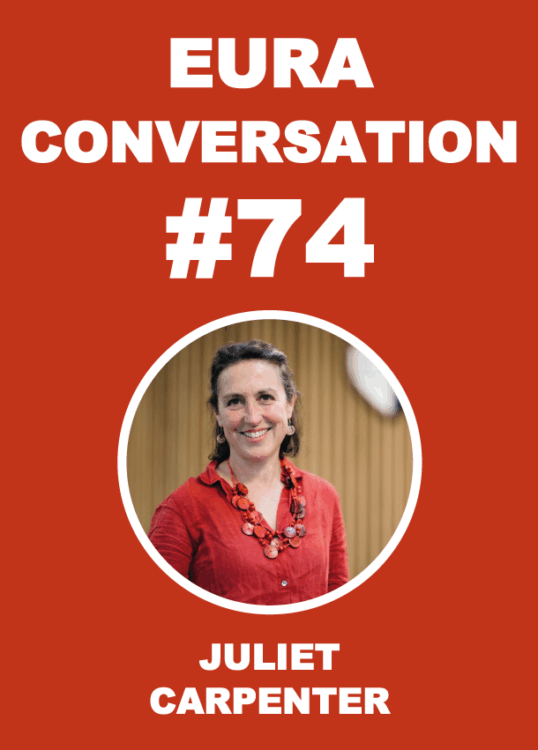#34 Meeting places and people
Why international face to face exchanges will matter again
by Valeria Fedeli, Polythecnic of Milan, Italy
During the last year and a half, I have been sitting on my chair, in front of a tiny table, spending entire days speaking through my pc to colleagues from all over Italy and Europe. Despite the lockdown, and the terrible uncertainty and sorrow of the last months, I never really felt alone: a 5-year-old child at home and full days of online meetings, seminars and conferences left little space for loneliness.
However, what I missed the most, was the possibility to travel and visit the world, especially the urban world. Actually, through reading, and through studying the works of my students, I kept travelling around – from the
Gold Coast in Australia, where an entire city was built around surf, to the
Burning Man festival held at Black Rock city in the middle of Nevada, where millions of people gathered temporarily to enjoy the rituals of an art festival disconnected from the global internet I explored the uneven faces of the pre-Covid-19 urban, while trying to figure out the emerging post-Covid-19 urban.
But what I could not really enjoy was that kind of unique flavour produced by travelling to and for a conference. That special opportunity to experience a city, people and places, in the occasion of a conference. Preparing the trip, planning your stay, exploring maps to understand how and where the university is located, how the system of public mobility works, finding a good hotel offer – these have always been an important part of my preparation for a conference, together with studying the programme and preparing my presentation.
Maps, papers, stories, suggestions from friends and colleagues, and then you are thrown into a new urban adventure, not just simply a scientific conference. Scientific communities are used to gather for conferences, often in places where people meet and stay for short periods, but they seldom take the trouble to really discover the place they are in. But conferences for those like me, who have great opportunities to spend their life studying the urban, cannot be only place-less meetings. Among the most interesting memories I have of the many conferences I have travelled to, stem from the site-visits organised by the conference hosts, where I have enjoyed getting in touch with local people and places, problems, conflicts, failures and successes.
These local trips, in which I have spent time discussing with colleagues, deepening the debates introduced in the keynote sessions or the paper sessions, are so important. In my experience, being in those cities for a scientific conference and giving a paper was well worth the trip. Well, during recent months, I have been thinking a great deal about the world after COVID-19. For example, will we go back to international conferences with the same collaborative spirit, and civic engagement, which EURA has stood for since it was founded in 1997? Or will online conferences become a new place-less ritual with insights from the experiences of those who live in particular places being marginalised?
Here, then, is a challenge for all urban scholars who care about the future of cities. Do we collapse in the face of those who claim that face to face international conferences are a waste of time? Or do we assert the importance of fact to face international exchange as invaluable?
In the next contribution to EURA Conversations Tuomas Ilmavirta, Aalto University, will discuss the impact of Covid-19 on urbanisation patterns and housing prices in Finland.









